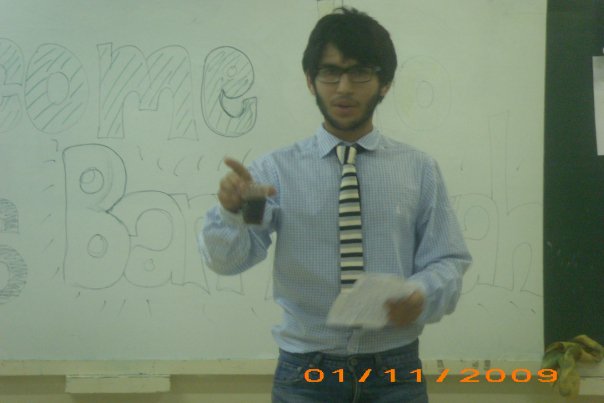Most of us live in towns or cities. We divide our time between houses, offices, libraries, cars, buses and trains. Everything is either moving, or is designed to give an air of complete immovability –  total permanence. This house is here, and will always be here and has always be here; even though neither of the latter two points are true, and the former depends greatly on your interpretation of “here”.
total permanence. This house is here, and will always be here and has always be here; even though neither of the latter two points are true, and the former depends greatly on your interpretation of “here”.
Ordinarily, I’m the sort of person for whom that is a very good thing. I like the city. I like pace, I like people, I like variety, and I think there’s a lot of romance in the notion that humanity has conquered this place, and made it our own.
The city, however, is full of its own problems. Cities, by their nature, don’t encourage us to treat each other well. Being alone in the city can breed alienation, can cut you off from the world and make you feel hopeless. Cities can also encourage us in our vices. In the Book of Jonah, which we just read on Yom Kippur, God threatens the city of Nineveh with destruction because of its “wickedness”.
All this is to say that, despite the feeling of security and oftentimes invincibility we feel as we wind our way through our lives, we are actually really vulnerable. Sukkot is a reminder of that. At Yom Kippur, we were spiritually stripped down to our bare essence, in order to be rebuilt anew. We took stock of our mistakes, and, to varying degrees, thought that it might be an idea to make good on them.
Now, at Sukkot, our spiritual vulnerability of Yom Kippur is given physical manifestation. We eschew bricks and mortar for flimsy wood/leaves/(at the Habo house in London) PVC. Like chalutzim, we build our dwellings with our hands.
Most of us may not sleep or eat most meals in a sukkah, but its presence in our lives reminds us that while we feel secure, the world we live in is a dangerous place. Even in wealthy western cities, we are surrounded by poverty, homelessness, and the dashed hopes and spoilt dreams of countless generations. Most of the time, we avert our eyes. But on sukkot, when we see the stars and feel the elements, we should also look around us and see that – wherever we live, be it London or Melbourne, New York or Jerusalem – there’s work to be done.
Aleh ve’Hagshem!
Ethan

Recent Comments